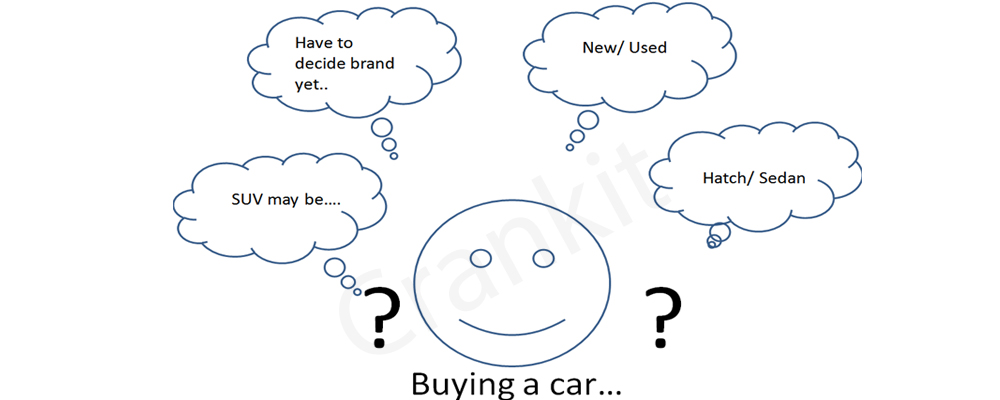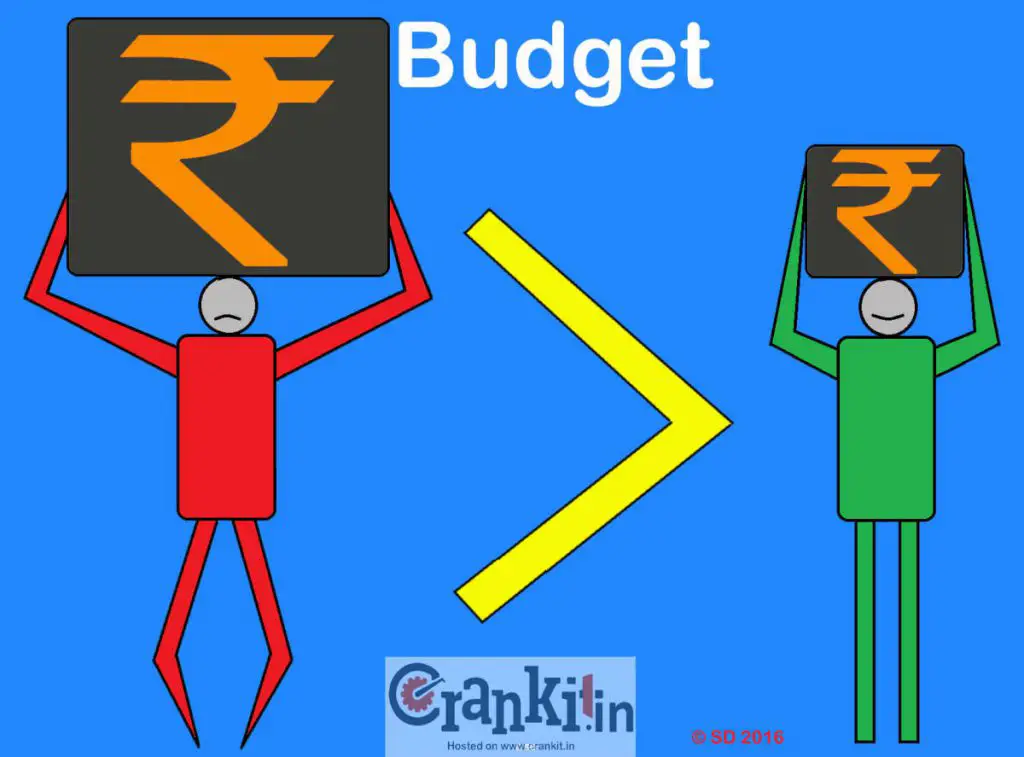Buying a car? Read this…
Buying a car, be it a sedan, hatchback, or SUV, is an emotional affair for many. And especially for us, it is! Because it is a dream of the one who is buying. Besides, it is of their spouse, family, friends, and many more. We at CarBikeTech, recognize this ideally. So, here are these tips for making sure that your car buying experience is hassle-free.
Buying a car: Do you really need it?
The first tip may seem a bit odd, but it is often the ‘bitter medicine’ that works well. Apart from the emotional attachments, one must remember that any car you buy is always a liability and not an asset. It takes money out of your pocket. So, the first thing that one must consider is whether buying a car is necessary. People make this decision based on emotional instincts and land up in trouble most of the time. So, first, think carefully and ensure that it is absolutely essential.
Buying a car: How much can you spend?
After ensuring that you need a car on utmost priority, the next logical question is the spending power. In the world of luxury, there is virtually no limit on how much one can spend on a car. So if you belong to that category of super-rich buyers, go and get the one you like! But if not, set a limit on how much you can spend on buying a car and then adhere to it. Remember that the car’s on-road price exceeds by a margin of 10-20% over its ex-showroom cost.
Also, purchasing any additional accessories will add to the total cost of the vehicle. Thus, while making all the financial arrangements, you should plan some excess amount. If you are planning for a vehicle loan, make sure that you understand the repayment policy very well. Most of the time, people opt for lucrative EMI schemes and fall prey to higher interest rates.
Buying a car: Which body type to choose?
The automotive market is overflowing with vehicles of all segments. They include small hatchbacks, rugged SUVs, comfortable sedans, to extra-long limousines. Out of all these, selecting the one that fits your requirement is the key. For example, if you are a city commuter, small hatchbacks will be the right choice considering ease of maneuvering and parking.
For frequent inter-city travelers, comfortable sedans present a better option. And, for adventurer lovers, SUVs are essential. One more noteworthy point here is the number of people traveling in that car. From the road safety and passenger safety point of view, it is essential to ensure that the vehicle selected can carry the number of people you desire. It is always risky to overload any car with passengers or goods.
Buying a car: Top end or basic model?
This question baffles many new car buyers. Usually, the basic version of any car line-up provides only the basic features, while as you climb up the ladder, many luxurious features add up. To tackle this mystery, please go through the specification sheet or brochure. Find out precisely what is on the offer at the added cost. If these are only the accessory items like entertainment system, navigational system and you are playing around with limited finance, better avoid purchasing the higher version of that car.
However, if additional costs include (as usually happens) safety systems like airbags, ABS, ESP, etc., it is worth considering. But unfortunately, in India, most people neglect buying vehicles equipped with these safety systems because of the limited financial resources and risk their lives. We, therefore, would like to appeal to our readers that nothing is more important than your safety and hence always buy a vehicle that has at least the basic safety systems fitted.
Body-color (Metallic or plain):
As they rightly say, ‘The first impression is the last impression.’ Car buyers play it close to the chest while selecting the vehicle’s body color. The advances in technology have made available many fresh colors today, which you never heard of a few years ago. Of course, the choice of body color is a subjective matter. But, one should keep in mind that even though the metallic colors look beautiful, these are costly and require more care. Also, if needed, any touch-up (i.e., body repairing after accidents) costs more than a vehicle with plain colors.
Petrol or Diesel?
Despite the increasing use of electric vehicles, Petrol and Diesel are still the two most widely used fuels for modern automobiles. Each of these fuels has some advantages and disadvantages linked to its use. Petrol vs. Diesel is one of the favorite discussion topics among technocrats. The fact is that the Petrol price is higher in India than the price of Diesel. However, a diesel vehicle bears a higher price tag than a similar petrol vehicle. Hence, we have formulated a simple trick for our readers. If your monthly running is below 5,000 km, prefer buying a petrol vehicle over a diesel one. Diesel vehicle is economical only when the monthly use of the car exceeds 5,000 km.
Maintenance:
The story of buying a car doesn’t end at buying; instead, it begins there! After buying a car, it is essential to maintain it properly. It is to ensure its proper functioning and the safety of the passengers. Naturally, maintenance incurs an additional cost that many users forget to take into account. Unfortunately, a high percentage of car users go to the service center only when the vehicle stops working! Thus, it would be best to avoid it, and the car should be adequately maintained as specified by the manufacturer. It is advisable to ask for the average maintenance costs of the vehicle you are buying. So, it would help allocate money for future expenses.
Buying a used car?
Nowadays, the trend of buying a used car is increasing. With the availability of standard certifying agencies, it is not wrong to go for a used car. But, make sure that an authentic expert thoroughly examines the vehicle you are buying. Unfortunately, many spurious agencies and so-called experts have increased in this field who misguide people for their advantage. Beware of them! In real terms, a car is nothing but a machine, and it has a certain lifespan. So, the older the vehicle, the higher maintenance, leading to heavy expenses. Hence, it is always advisable to avoid buying such old vehicles that may be available cheaply.
Resale value:
Resale value is the price that one gets after selling the used vehicle. It depends mainly on the following factors: 1. vehicle condition 2. Make/Brand of the vehicle 3. Manufacturing year 4. The demand for that model in the market. So, a better-used car gets more resale value. Generally, hatchbacks and compact sedans get a good resale value. On the contrary, high-end luxury vehicles perform very poorly in this matter. People who do not take this factor into account face problems planning for their next vehicle.
Wish you a happy car buying.!!
Read more: Safe driving tip’s for motorists >>


